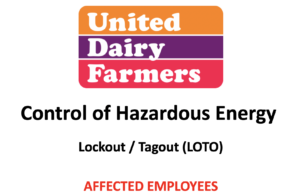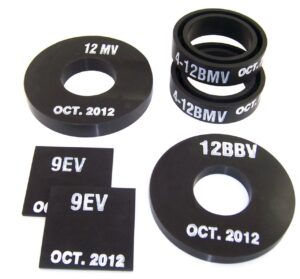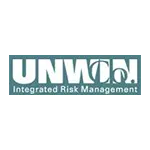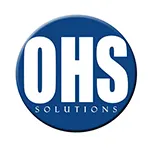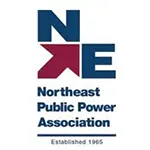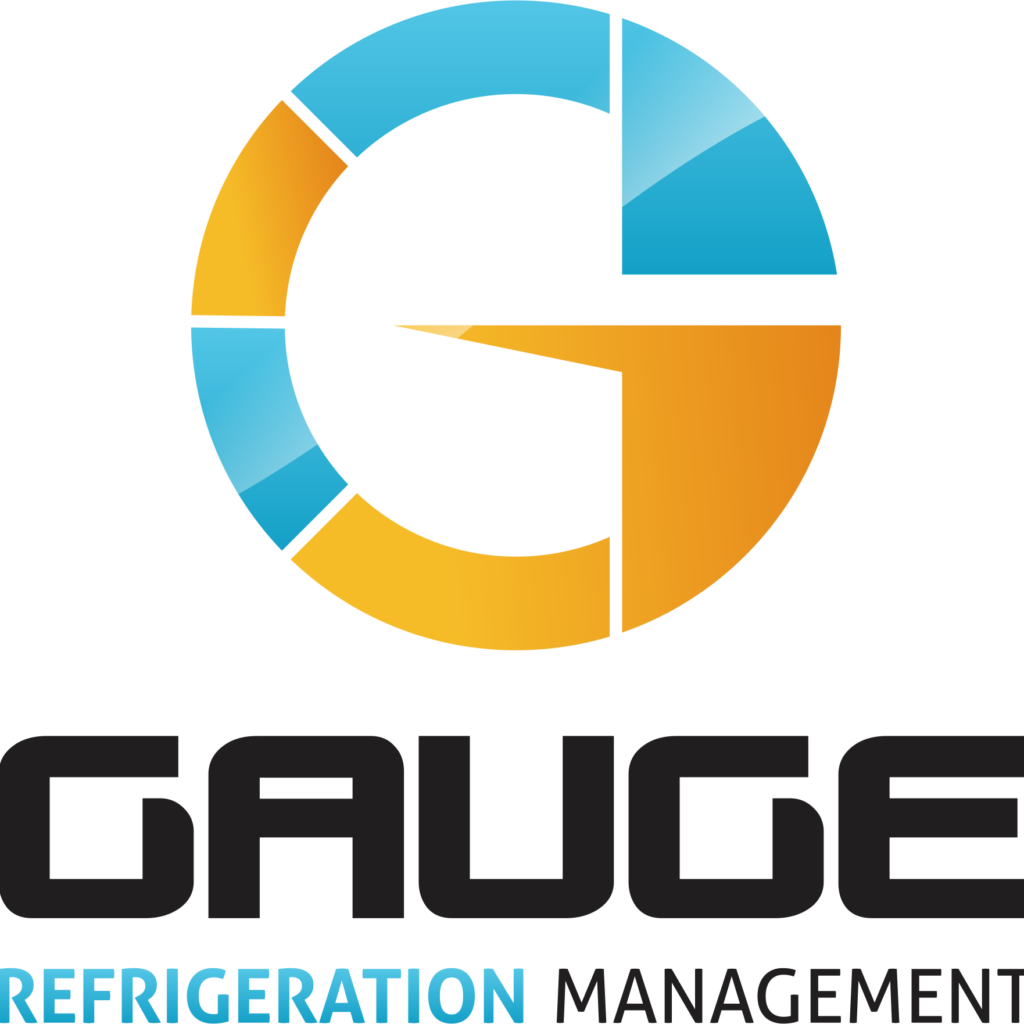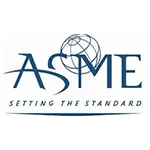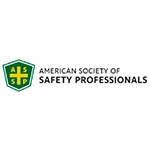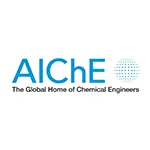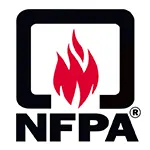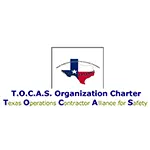SAFTENG Has
- Over 17,500 categorized unsafe acts/conditions and accident/injury photos
- Over 1,400 ppt's & doc's
- Over 3,900 technical articles on Process Safety & Occupational Safety & Health matters
- Over 400 videos
CLICK HERE to Renew your Membership
CLICK HERE for a NEW Membership
CLICK HERE to see eligibility requirements for FREE Membership
If you have any questions, please contact me

I am proud to announce that have extended our”Partners in Safety” agreement for another year (2025).
CI Members, send me an e-mail to request your FREE SAFTENG membership.





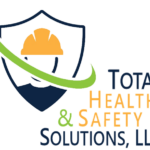





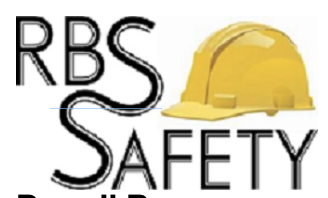


February 12, 2019
One phrase that drives me crazy while working with my friends in the Ammonia Refrigeration industry is,
“Come on, Bryan; we’re not a refinery or chemical plant; that is unnecessary here.”
For example, recently, we were asked to aid in an investigation into a reportable release from a PSM/RMP-covered process, and during our review of what happened, the facility failed to mention...
Read More
February 8, 2019
We all know we, as safety professionals, see life through a different lens than most others. But ever since I started seeing these AT&T commercials “Ok is just not good enough” I always go back to my HAZMAT ER days. One of the last ER’s I was called upon for assistance, I was delegated to a non-official position because the local powers made it clear “we...
Read More
February 8, 2019
Respondent operates an ammonia refrigeration plant and has on-site for use, 130,000 pounds of ammonia for cold food storage. Respondent has submitted and registered an RMPlan to the EPA for its stationary source and has developed an RMProgram accidental release prevention program for the stationary source’s single RMProgram level 3 covered process. On November 8, 2017, the EPA conducted an onsite...
Read More
February 6, 2019
You are the entry supervisor for entry into a Carbon Monoxide (CO) Tank. Your meter is equipped with an Oxygen Sensor, but it does NOT have a CO sensor. You proceed with your atmospheric testing, as you were told years ago that as long as the Oxygen was over 19.5% that all will be OK. What you do not know is that CO is a “magic asphyxiant”, technically called a “Chemical...
Read More
February 5, 2019
We have an uncontrolled release from our PSM/RMP covered process today, February 5, 2019. We have trained for this day. We have inspected our gear, well most of it, each month for years. We don our LEVEL A suits, which have been pressure tested annually and cared for per every single manufacturer’s requirements. Under our LEVEL A’s, are our SCBAs; again inspected...
Read More
February 5, 2019
UPDATED on 2/6/19, based on feedback from my friend and Refrigeration PSM Extrodinare Brian Chapin over at RCE (A former Partner in Safety). I have shared his analysis and my rebuttal/agreement…
By a long shot, these are the top three (3) issues found with Ammonia Refrigeration RMPs:
The NH3 is “Liquified by Pressure” – not by refrigeration!
Process Purgers are NOT the...
Read More
February 4, 2019
This 10-minute video provides an overview of the OSHA inspection process under the agency’s Regional Emphasis Program for Fertilizer Grade Ammonium Nitrate and Agricultural Ammonia Facilities.
Read More
January 30, 2019
One of my favorite parts of teaching the 1-day PSM Intro course at ASSE SeminarFest is the vast numbers of students and all of their learnings and experiences being shared. This year was even better than years before – in fact, we had so many side-bar discussions because of the great input from the students – that I ran out of time (also due to a 90-minute lunch break this year). The one...
Read More
January 30, 2019
Those in the PSM/RMP world know that the facility is REQUIRED to have an Emergency Action Plan (1910.38) and by virtue of having to comply with 1910.38, we also have to comply with 1910.165 Employee Alarm System. The language in 1910.165 is really vague and causes much confusion when it comes to the emergency alarm system initiating means, especially when asked: “how many pull stations do I need?”
Here...
Read More
January 30, 2019
Breathing… we do it all day long, every day, and yet we never even put a thought to it. But so many respirator users do not understand the basics of how we get the air (more importantly, the oxygen in the air) into our lungs so that it can enter our bloodstream for survival. As I said, breathing is an involuntary act – meaning we are not sucking air into our lungs. In...
Read More
January 30, 2019
Recently I had a client who made alterations to a pressure vessel (PV) in an ammonia refrigeration process that required the PV to be re-certified. The state where this PV resides is a “coded state”, meaning they have adopted ASME Code for the PVs within the state. So, the contractor making the alterations had scheduled the Authority Having Jurisdiction (AHJ) (in this case it was an insurance...
Read More


